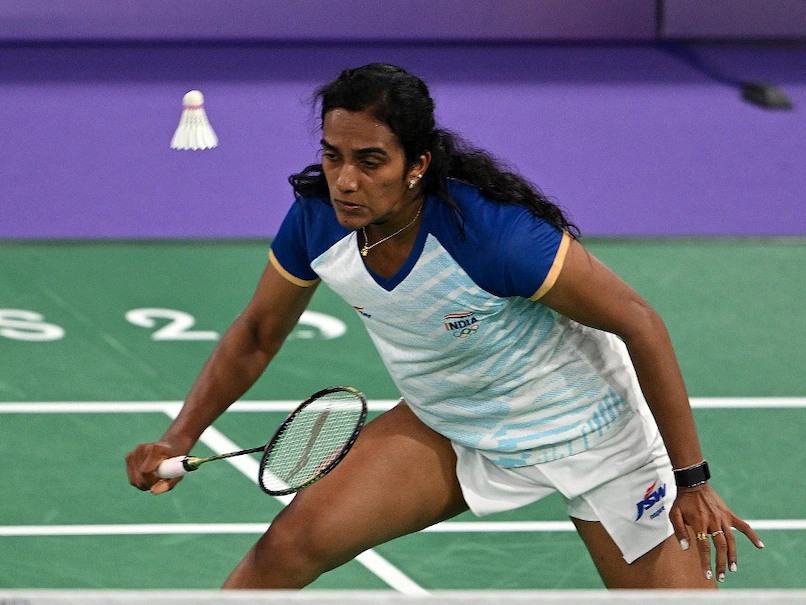IPL at 14? That’s not a typo. Vaibhav Suryavanshi: Youngest IPL Centurion Makes History in 2025. The IPL 2025 Stats speak for themselves.
A cricket player from Bihar, just become the youngest player in IPL 2025, and the entire cricket world is watching. Sure, his talent got him there. You don’t score a 35-ball century at that age without some serious skill. But here’s the thing no one talks about enough: talent might open the door, but mindset keeps you in the room. At just 14, Vaibhav will have to start dealing with the pressure that breaks seasoned athletes.
I (Dr. Swaroop Savanur, Mental Conditioning and Peak Perfromance Coach and founder of MyMentalCoach) happened to work with him briefly when he was part of the India U16 Camp at the National Cricket Academy last year. He was 13 years old, the youngest in the U16 team. Silent and modest, he seemed to be out of place with the other boys till the time he got into the nets. Dominating and aggressive were his clothes he wore in practice.
That time itself, coaches were talking about the talent that he had but to see him at the IPL was both wonderful, unbelievable and let me admit, a tad worrisome to me.
Talents like Vaibhav are so unique that he already seems to be ready to play at the highest level.
So, now that he is at the IPL at 14 years, the question is, is this success, or is this success at this point in time?
Is there something that teams, organisations, and parents need to look at to ensure that Vaibhav really goes on to shine for a long time?
Unfortunately, the data doesn’t support this as much—early success doesn’t necessarily translate to long-lasting success.
This article isn’t meant to scare young athletes or put anyone on a pedestal. It’s simply about the reality that comes with early success, something that needs to be handled with care.
There are many players in the history of sports who saw early success but slipped because of maybe success or failures, or expectations. A couple of examples quickly come to mind
Unmukt Chand
He rose to stardom after leading India to a U-19 World Cup win, but the sudden fame brought massive expectations he wasn’t mentally ready for.
Despite early IPL chances, the pressure of being “the next big thing” affected his form, and he faded away from Indian cricket far too soon.
Manpreet Gony
After a breakout IPL season in 2008, fame and money came quickly, but so did distractions and pressure to deliver every game.
Without the right support system, his focus slipped, and the early promise got buried under the weight of expectations.
To ensure that Vaibhav gets the success he deserves and goes on to achieve the kind of success Sachin Tendulkar did when he got into the Indian team at the age of 16 years, three areas need to be navigated carefully.
Managing Success:
Success comes in different forms, and the biggest fallout of success is money and fame, which is great, but without realising, it can become the sole driving force for one’s existence. Everything is hunky-dory when success continues, till the time it doesn’t. The mental build-up of the baggage of expectations starts biting real time and the need for success becomes that more difficult to manage, even for adult athletes – for Vaibhav and his parents, it will become all the more tough.
Managing Expectations:
An IPL team like the Rajasthan Royals will surely take care of him and ensure that he’s not burdened and will allow him to be himself. But going to his state team, suddenly he might be expected to play for under-19, under-23, and he might be expected to play at a senior level also in a few formats, if not all.
And this expectation of performance will be different for everyone because every coach, every team, and every organisation will have a different expectation of him, and each will have a different team dynamic and environment.
Because everyone from now on will view him through a magnifying glass rather than as a normal 14-year-old athlete, intervene when there is no need to, change things where he doesn’t need to, speed things up when his growth spurts have still not taken shape.
And whether we like it or not, Vaibhav will feel a baggage of expectations on him, and that’s where he’ll need to manage those expectations.
Managing Failures:
There will be times when Vaibhav might fail, experience losses during matches, and fail in matches. The important question is how would he manage his own failures when he’s no longer allowed to fail in his own mindset and not others’ mindset. If he’s performing at a high level, how can he fail at a lower age group?
For example, if he’s performing at an IPL level, it’s very obvious that he would be expected to perform at the under-19, but it is possible that he might not be able to perform that well during those matches.
Each of these things can spiral out of his control. They might even seem easy and simple solutions on the outside, but on the inside, a storm might potentially build up into a ferocious hurricane of fear, anxiety, and insecurity.
The funny thing is: A 14-year-old is not expected to know everything, but a 14-year-old IPL prodig,y Vaibhav Suryavanshi, would be expected to know a lot of things.
That itself will be his biggest challenge.


